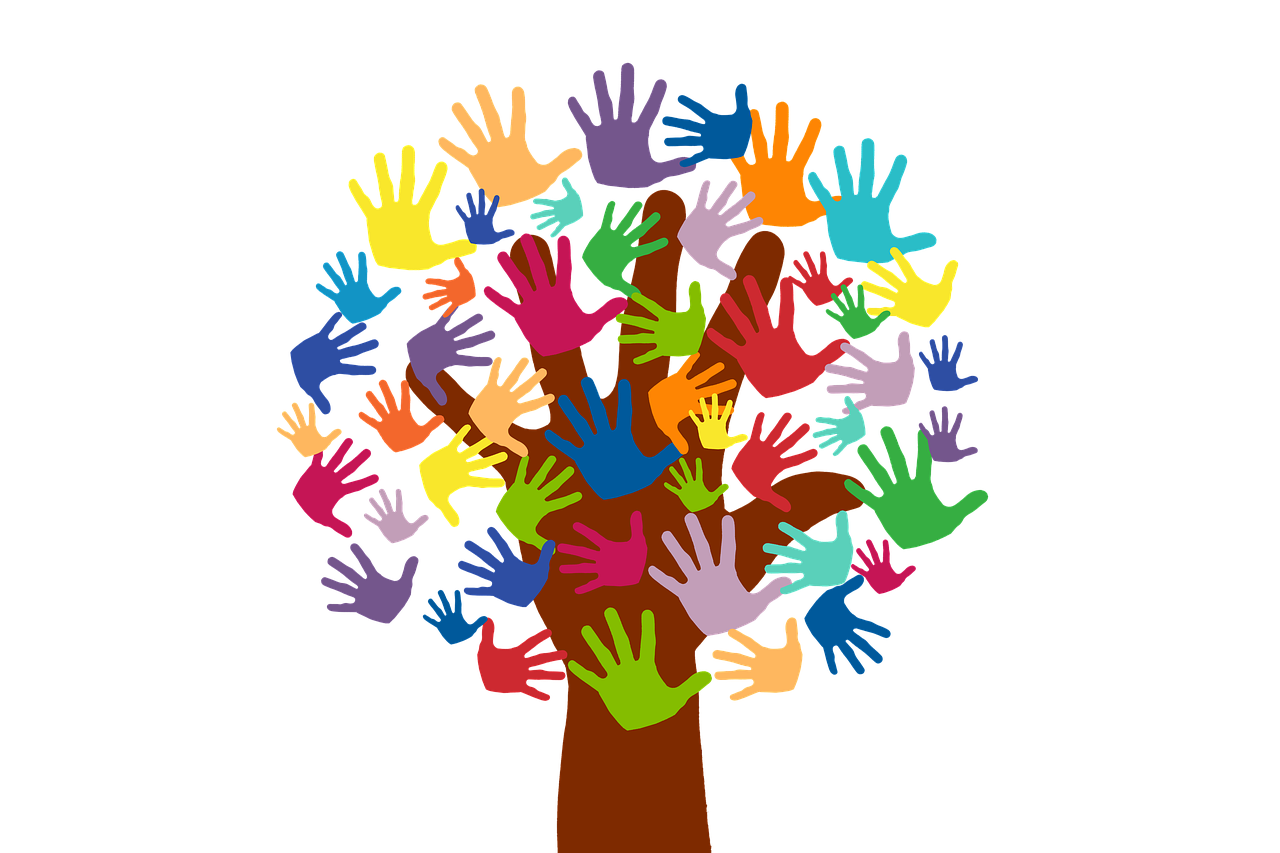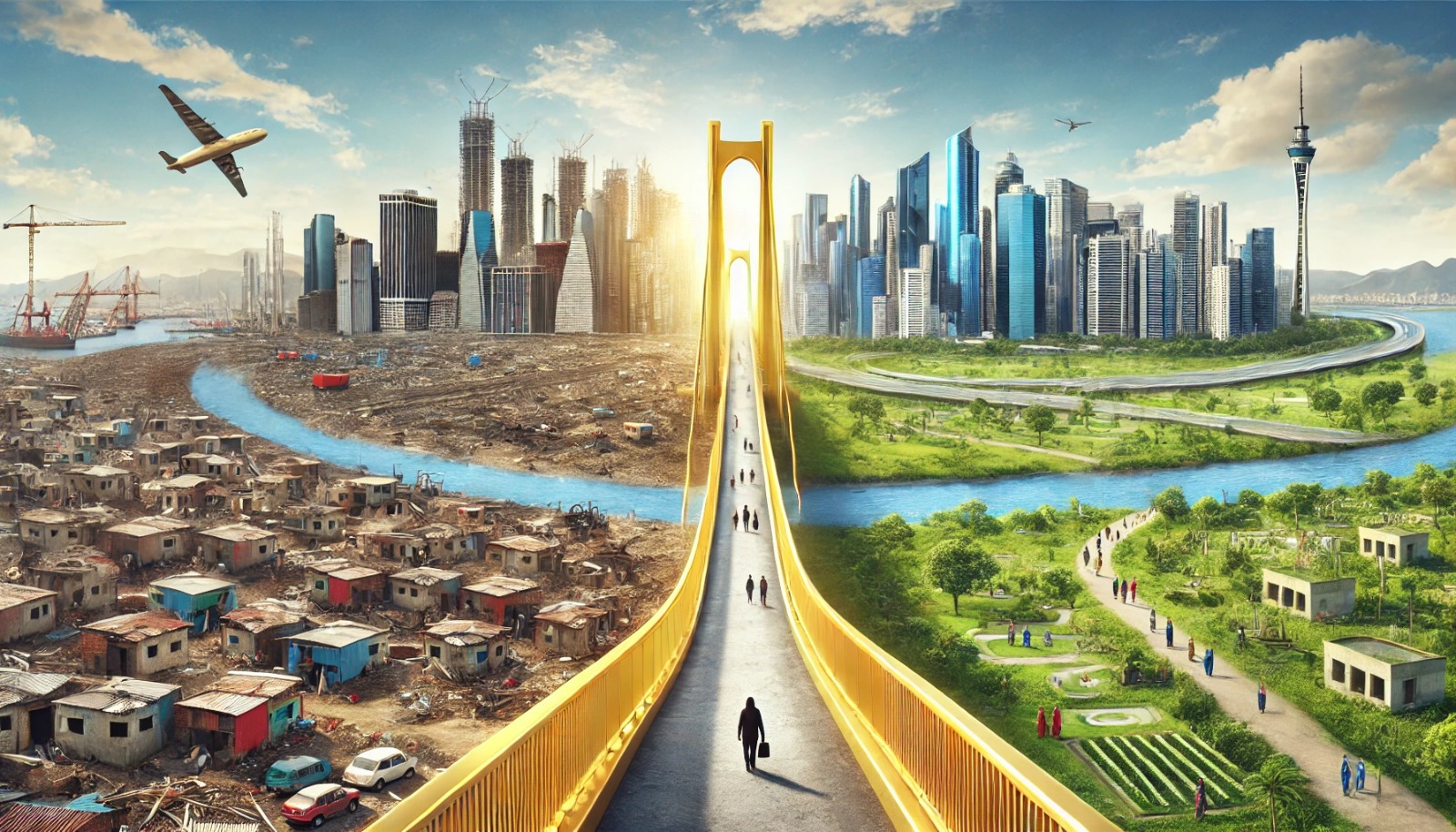Philanthropy in an Epoch of Multiple Crises
Philanthropy, the act of giving time, money and resources to help the needy and the poor has strong roots in the human civilization. In earlier times, kings and noble men, donated land, money and other resources to help the poor. In some parts of the world, such as in Asian countries and the Islamic countries, it was considered a spiritual duty for the rich to follow charitable giving to support the poor and needy.
We can see its modern manifestations in the form of established charitable foundations such as the Ford Foundation, the Rockefeller Foundation and the Gates Foundation.
Increasing natural and man-made crises globally are yet again bringing the focus to philanthropy. Multinational companies and philanthropists are coming forward to assist disaster-affected victims and countries.
Amid the pandemic, countries, organizations and philanthropists joined hands to assist in vaccine distribution in worst affected economies across the world. In 2020, the Bill & Melinda Gates Foundation announced a US$1.6 billion commitment to support Gavi, the vaccine alliance cause. Through this funding the alliance will be able to reach an additional 300 million children in the most vulnerable regions of the world with lifesaving vaccines. “To beat the COVID-19 pandemic, the world needs more than breakthrough science. It needs breakthrough generosity. And that’s what we’re seeing today as leaders across the public and private sectors are stepping up to support Gavi – especially Prime Minister Johnson,” said Bill Gates, co-chair of the Bill & Melinda Gates Foundation.
Not only this, philanthropist foundations helped with community needs such as food, shelter and money.
Lasting Influence
Beyond funding, philanthropist institutions and individuals can provide expertise and use their networks in supporting frontline responders and affected communities. Philanthropists can also use their influence and platforms to raise awareness and advocate policy changes to address root causes of crises such as poverty, inequality and environmental degradation.
In a tweet posted in June 17, 2018 from the twitter handle of Richard Branson, founder of the Virgin Group, most notably the Virgin Airlines, can be seen promoting Solar Aid, an international charity pushing to provide access to solar lights for homes, schools and clinics in Africa by 2030.
Social media is now extensively used by philanthropists to not only bring awareness towards global pressing issues, but also share remarkable feats achieved by countries in reducing poverty, access to education and improve health. A recent tweet by Bill Gates on how India has significantly increased its health coverage and improved access to education has received 1.1 million views and was retweeted over 2,000 times.
Philanthropists do play an important role of balancing the needs in the society. Most are aware of the increasing wealth gap, creating large rifts in the society, making it a hotbed for rising crimes and inequality. Ensuring that growth is equitable and inclusive, many philanthropists have also pledged a large portion of their wealth towards good causes.
Many billionaires have extensively come forward in funding the great causes that Bill & Melinda Gates Foundation work towards. The Foundation address issues around gender diversity in Africa and South Asia; and also works with governments and local communities to address endemic diseases such as Malaria, HIV, tuberculosis and others in developing countries. The Foundation also works to address other health challenges such as controlling tobacco use in low- and middle-income countries. It works with local governments and policymakers in 30 countries conducting campaigns and providing technical assistance to governments looking to address the tobacco epidemic.
Over the Long-term
Uncertain macroeconomic conditions, coupled with growing climate impacts and increasing geopolitical tensions have cause a great disbalance in the global order. This particularly impacts the poor and the vulnerable, mostly in low-income and developing economies across the world.
If not addressed, the repercussion of this will have devastating effects on the global recovery narrative. The wealthiest of the world still falter in giving away their wealth to good causes. As of September 2022, about 150 billionaires have only given away 1% of their wealth to charities. More disturbing is the fact that only nine of the wealthiest people in the world have given away 20% or more of their wealth to good causes.
Philanthropists can also join forces with multilateral organizations such as the UN in helping fund social causes such as reducing poverty and increasing access to education for girls, and even in supporting the recovery of disaster-hit countries. These will help philanthropists ensure that their giving is used for noble causes that has a lasting influence for generations to come.
The world needs more philanthropy.




